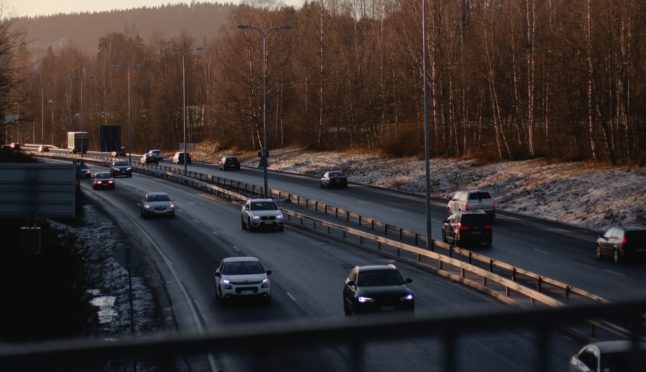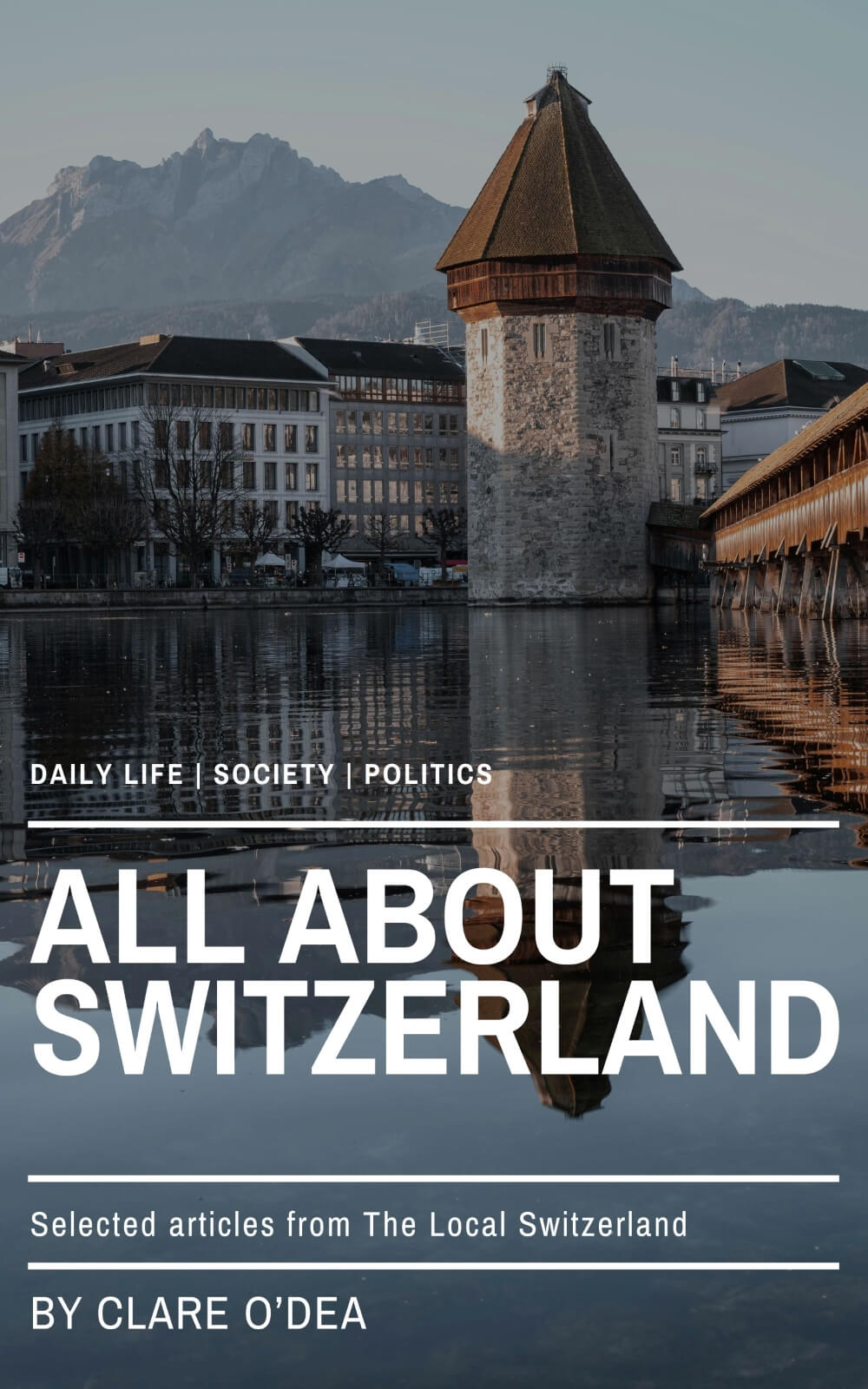May 1st : Labour Day
Like many other countries, Switzerland is celebrating Labour Day on May 1st (which has nothing to do with the Labor Day in the United States, which falls on the first Monday of September).
In Switzerland, it is also known as International Workers’ Day and May Day, and is mostly marked by trade unions and left-leaning groups.
It is not, however, a public holiday throughout Switzerland— it is celebrated in some cantons but not in others.
It is a holiday in Zurich, Basel–City, Basel–Country, Jura, Neuchâtel, Schaffhausen, Thurgau and Ticino.
In Aargau and Solothurn, people are usually given a half day off (from noon).
READ ALSO: Why is May 1st not a public holiday everywhere in Switzerland?
May 1st: Switzerland and Germany agree on fining each other’s motorists
Until now, fines that German drivers got in countries outside the EU (including Switzerland) were not enforceable.
But a new police treaty between the two countries, which will enter in force on May 1st, stipulates that German motorists fined in Switzerland for traffic violations will soon be required to pay the fine in Germany — and vice-versa.
The new regulation applies if the fine imposed exceeds 70 euros or 80 francs.
In Switzerland, these thresholds are reached quickly: exceeding the speed limit of 20 km per hour on the motorway already costs 180 francs (184.30 euros), and even more on secondary roads. In Germany, of this type of offence costs 60 euros.
READ ALSO: The dos and don’ts of driving in Switzerland
May 2nd: Zurich launches its cannabis test phase
After the cities of Basel, Zurich and Lausanne, the canton of Zurich will launch the controlled sale of cannabis on May 2nd.
With 7,500 participants expected, it is the largest pilot project of this type in Switzerland.
May 9th : Ascension Day
Thursday May 9th will mark the Ascension Day, which is a national public holiday in Switzerland.
While the following day, Friday the 10th, is not a public holiday — that is, stores and most other businesses operate as usual — schools and some offices remain closed until Monday.
May 15th: Tax time in Bern
The tax deadline in Switzerland was on March 31st.
But residents of Bern who filed for extension must send in their tax declarations by May 15th.
The six other cantons with tax extension deadline in May (the 30th to be exact) are Appenzell-Ausserrhoden, Luzern, Schwyz, St. Gallen, Uri, and Valais.
May 19th: Pentecost —Whit Monday
Following closely after Ascension is Whit Monday, a religious observance also called Pentecost, taking place on May19th.
It is national holiday, except in the cantons of Neuchâtel, Soloturn, Valais, and Zug.
Also in May: remaining Swiss ski resorts close
While most resorts shut down already, some, located at high altitudes, remain operational.
They will, however, officially end their ski seasons in May:
They include Ischgl/Samnaun – Silvretta Arena (to close May 1st), as well as Titlis – Engelberg, and Adelboden (May 5th),





 Please whitelist us to continue reading.
Please whitelist us to continue reading.
Member comments